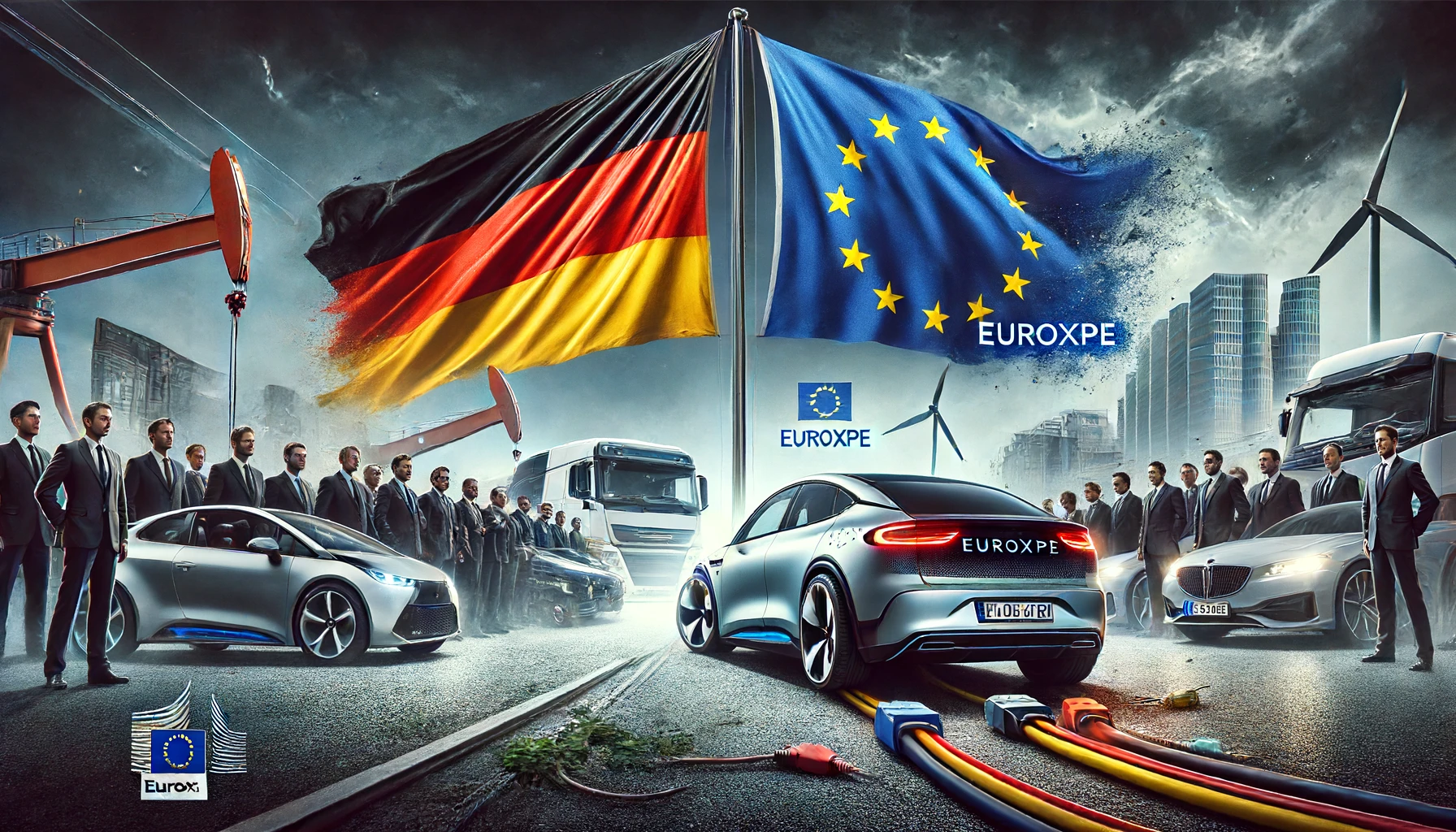In a significant decision, the European Union has approved new tariffs on Chinese-made electric cars, imposing duties of up to 45%. This move, supported by a majority of member states, aims to protect European industries from what the EU perceives as unfair competition from Chinese manufacturers. However, critics argue that the decision may serve to benefit not just European interests but also the US electric vehicle sector, raising questions about the broader implications of the EU’s approach.
The proposal, put forward by the European Commission, received enough backing during a recent vote to be implemented. The tariffs are expected to primarily target electric vehicles (EVs) subsidised by the Chinese government, with the aim of levelling the playing field for European automakers. Proponents of the measure, including countries like France, Italy, and Poland, argue that it is crucial for safeguarding local jobs and industries. On the other hand, nations such as Germany, Hungary, and Malta have voiced opposition, citing concerns over escalating trade tensions and potential retaliation from China.
A Divided EU Stance
During the vote, 10 EU member states voted in favour of the tariffs, while 5 were opposed and 12 abstained. France and Italy have been particularly vocal in their support, emphasising the need to protect European manufacturers from what they see as aggressive competition from China. By contrast, Germany and Hungary are more cautious, warning that such tariffs could provoke retaliatory measures from Beijing and harm trade relations in the long term. Germany, a major exporter to China, stands to lose significantly if trade relations sour further.
This split highlights the different economic interests within the EU. While southern and eastern European countries may benefit from shielding their nascent EV industries, export-driven economies like Germany and Sweden are wary of potential Chinese retaliation. The abstention of countries like Belgium and Spain further underscores the complexity of this issue, with many nations unsure about the long-term consequences of such a policy.
An American Advantage?
One of the key questions surrounding this decision is whether it truly serves European interests or if it inadvertently benefits US electric vehicle manufacturers. The Biden administration has been vocal about its concerns over China’s dominance in the EV market and has taken steps to encourage American EV production. By imposing tariffs on Chinese cars, some analysts argue that the EU is indirectly supporting the US agenda by limiting competition from China without addressing the underlying issues within the European EV sector.
Furthermore, the move may exacerbate tensions between Europe and China at a time when diplomatic efforts to maintain stable trade relations are more critical than ever. If China were to respond with its own set of tariffs on European exports, the consequences could extend far beyond the automotive sector, affecting industries such as technology and pharmaceuticals. This raises concerns about whether the EU’s decision is shortsighted, prioritising immediate protectionism over long-term diplomatic and economic stability.
Will China Retaliate?
China has already hinted at the possibility of retaliatory tariffs on European products, which could significantly impact European exports. China’s EV market has grown rapidly due to significant government subsidies, and the EU’s decision could be interpreted as a direct challenge to Beijing’s economic strategy. If China chooses to impose its own tariffs, sectors beyond the automotive industry may suffer, including luxury goods, agriculture, and manufacturing.
There are also concerns that this decision could further alienate China in the global political arena, where Europe has generally sought to balance its trade and diplomatic relations. By targeting one of China’s key industries, the EU risks damaging its broader geopolitical interests and weakening the global efforts for climate cooperation, particularly in renewable energy and green technologies.
Europe’s Gamble
The EU’s decision to impose tariffs on Chinese electric vehicles represents a bold move in an increasingly competitive global market. While it may offer short-term relief to European automakers, it also risks escalating trade tensions and disrupting relations with one of Europe’s largest trading partners. Moreover, questions remain as to whether this decision truly benefits Europe or if it serves broader international interests, particularly those of the United States. As Europe continues to navigate its complex relationship with China, the long-term implications of this tariff decision will be closely watched.


